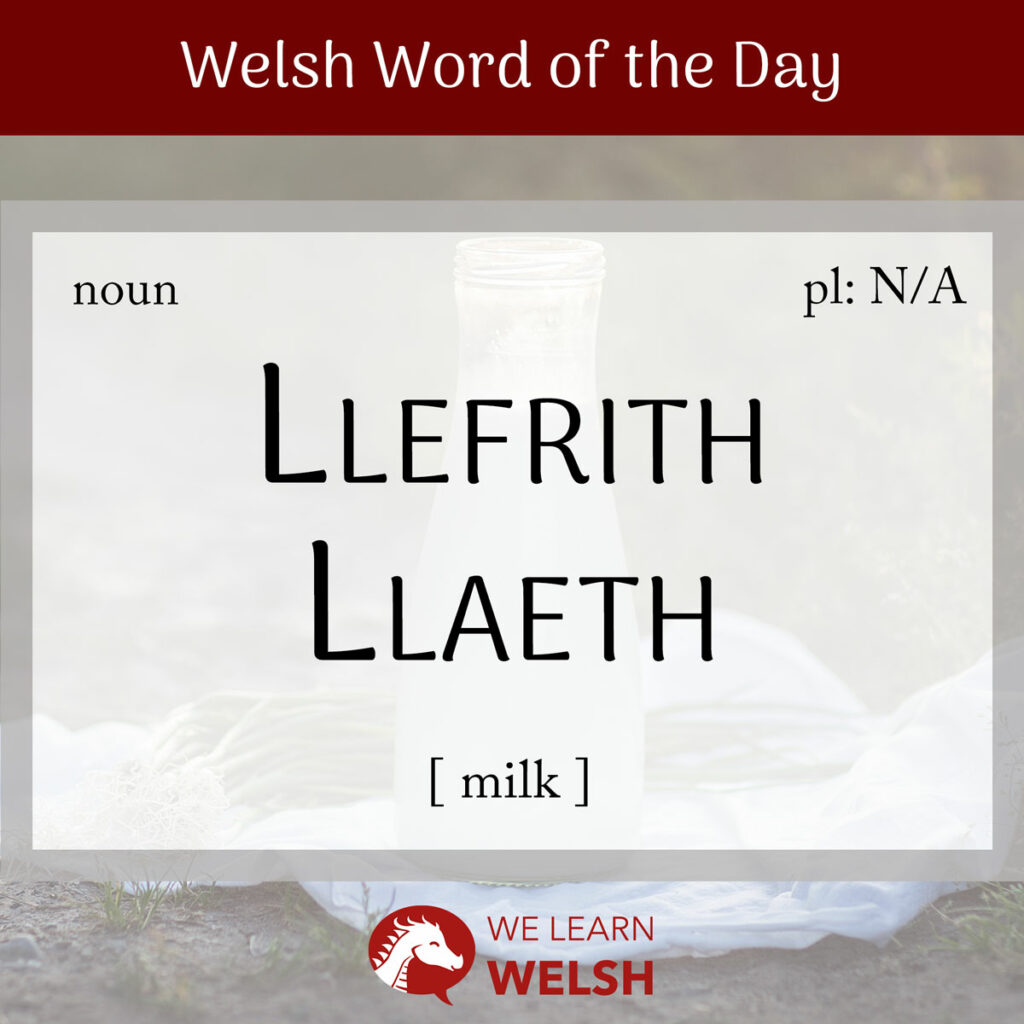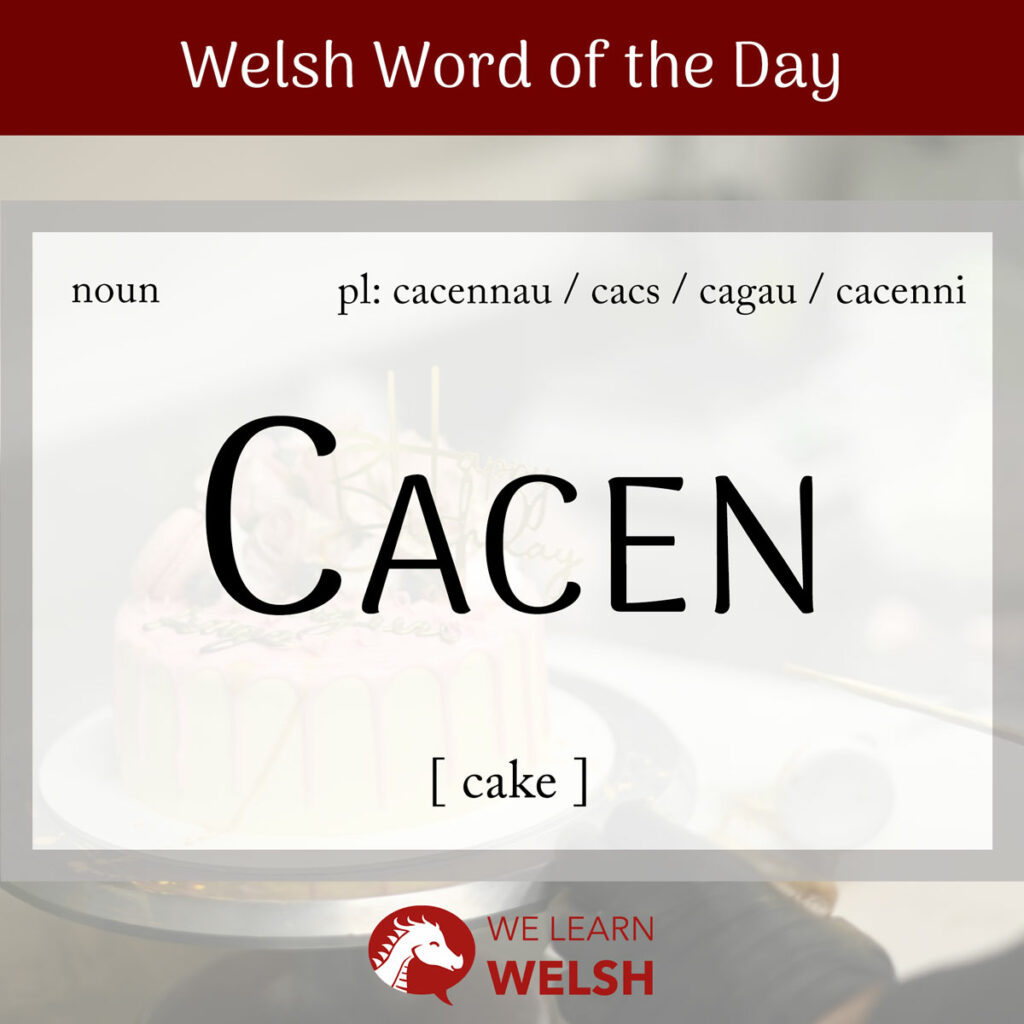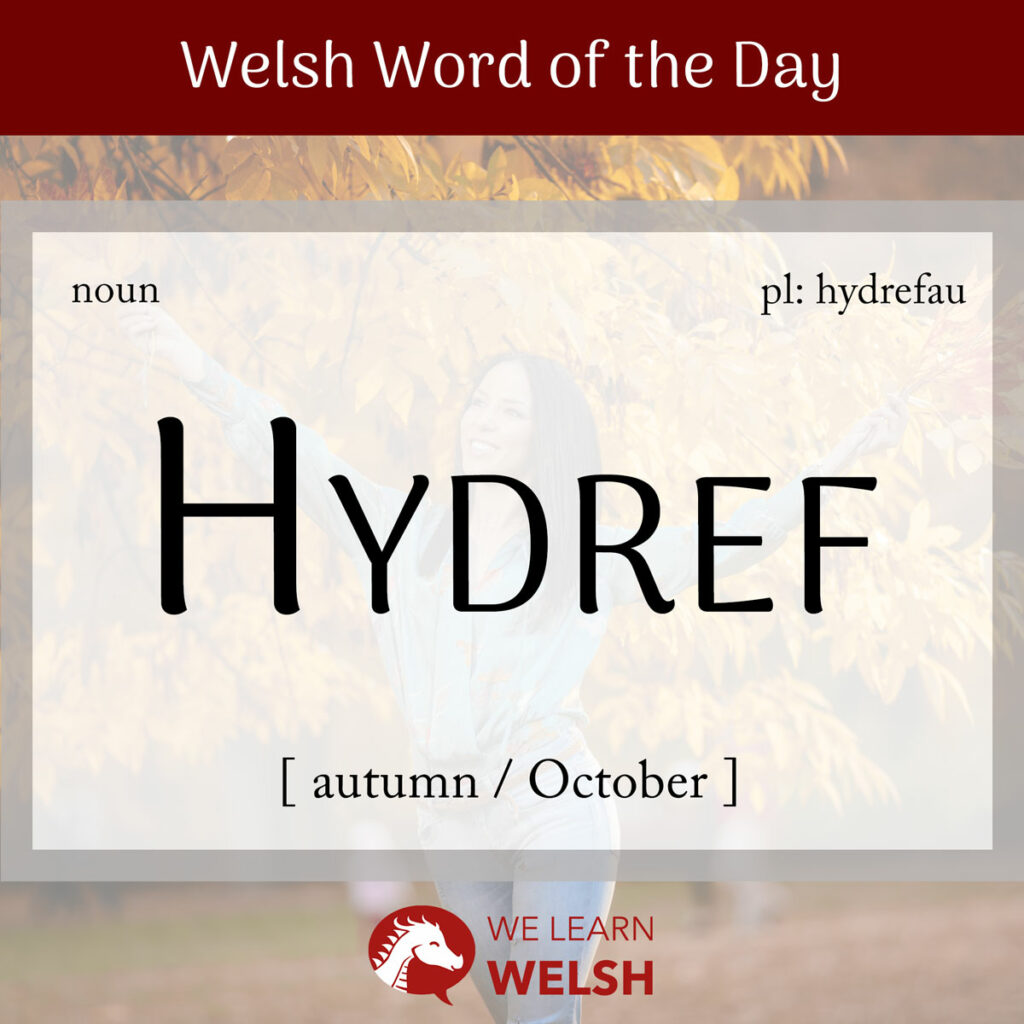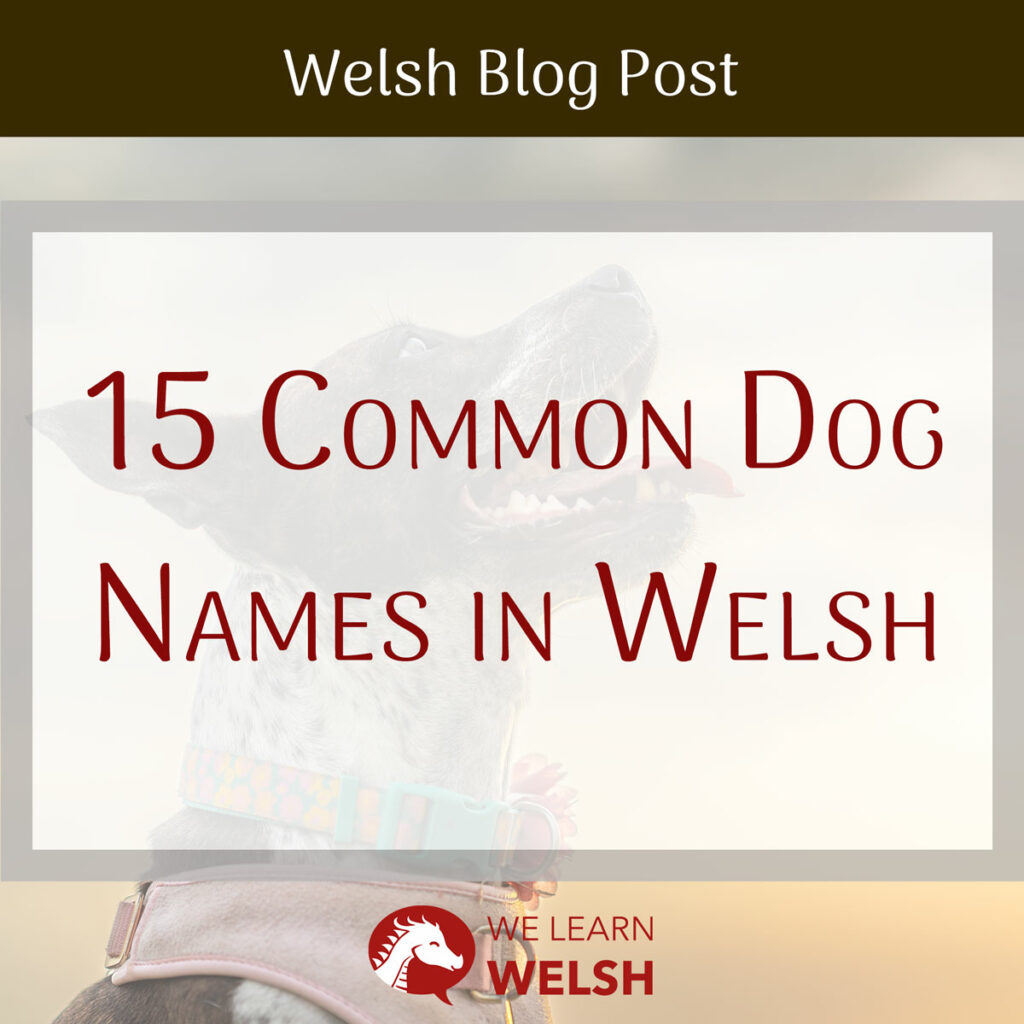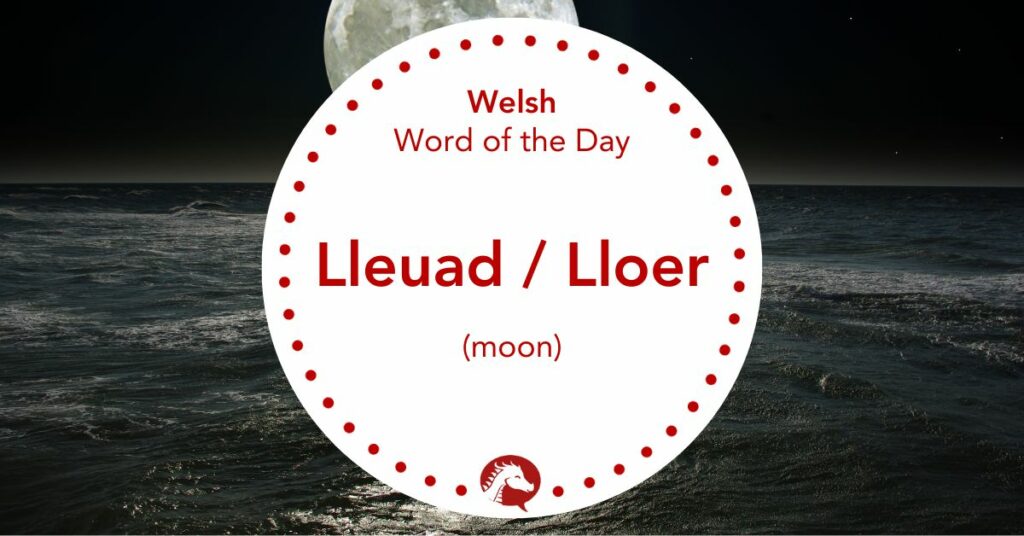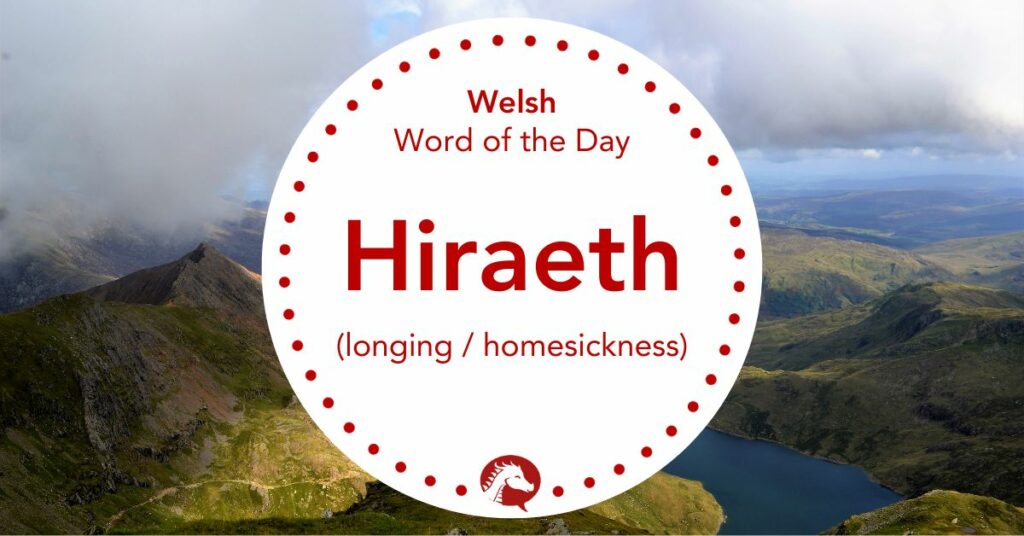Learning Welsh or Cymraeg in this era has become remarkably accessible, thanks to numerous Welsh language courses and apps designed for all age groups. There are various compelling reasons to learn Welsh, and it holds greater significance than ever, especially considering the Welsh Government’s ambitious goal to have a million people proficient in Welsh by 2050.
So, why should you learn this unique Celtic language in 2026?


